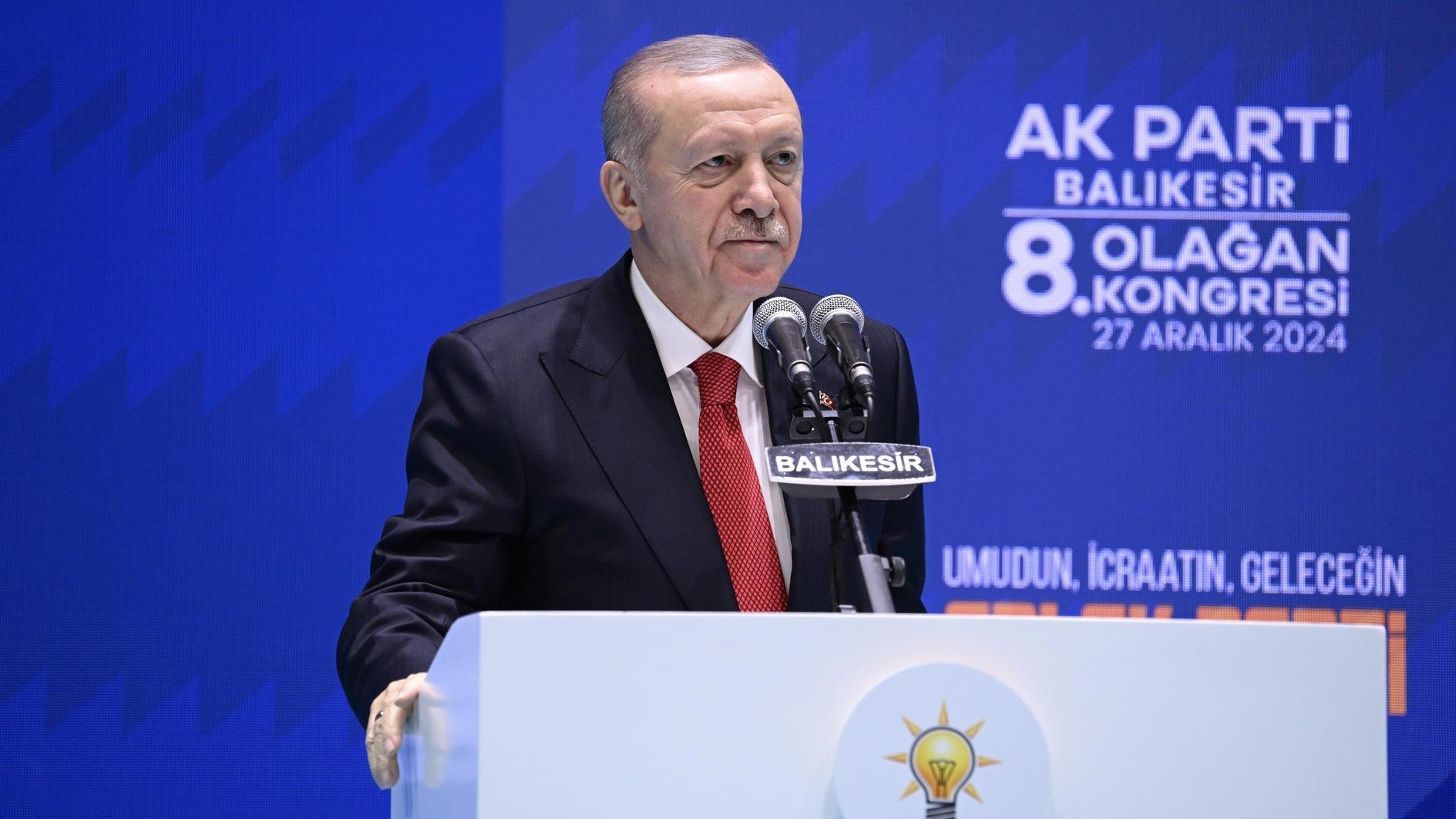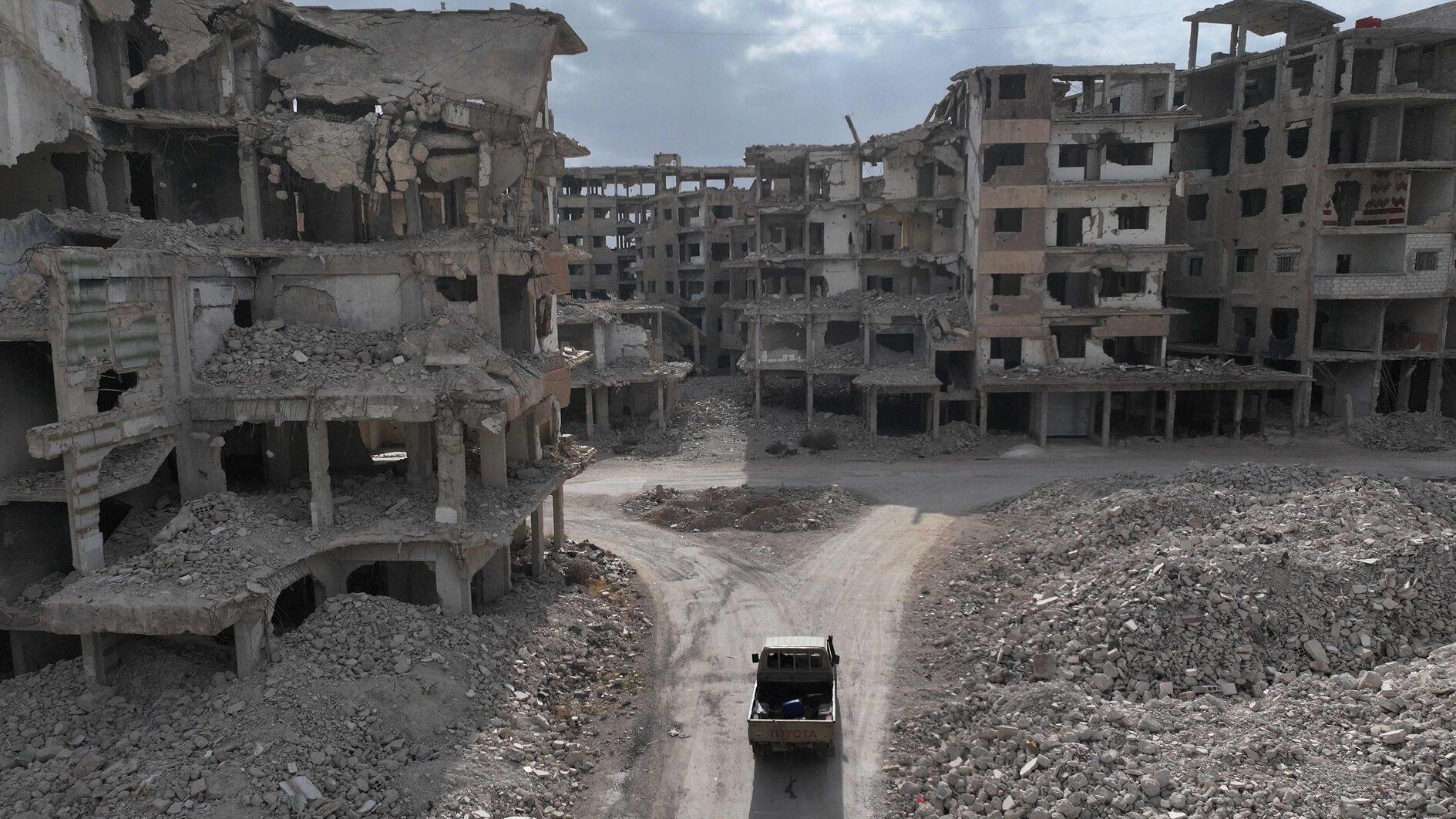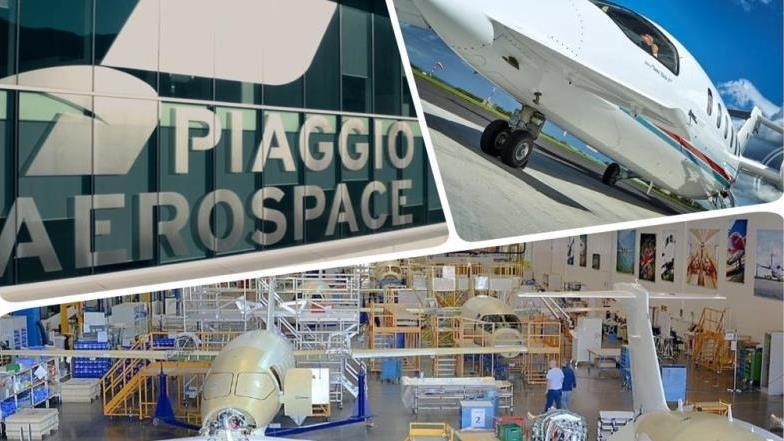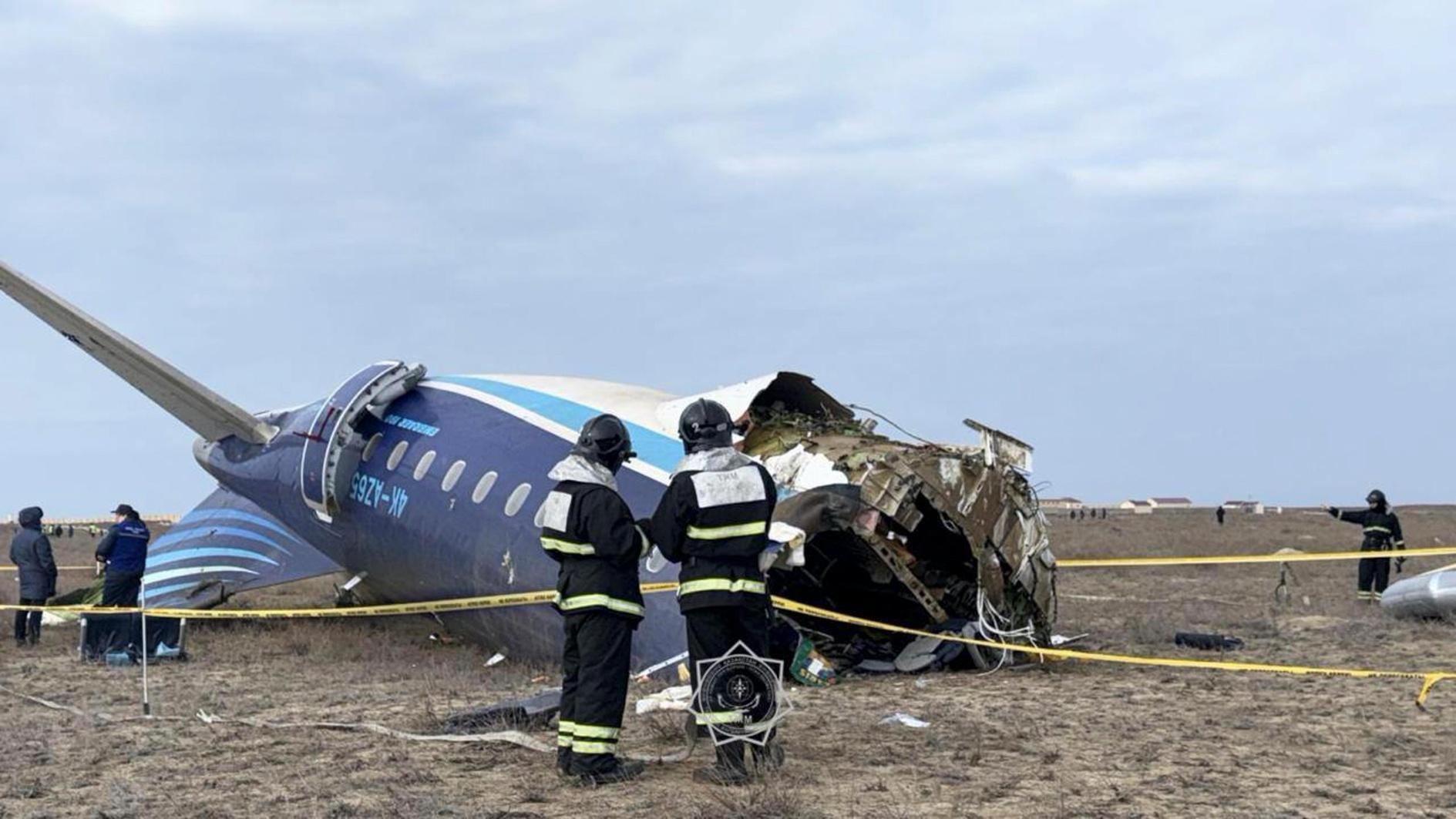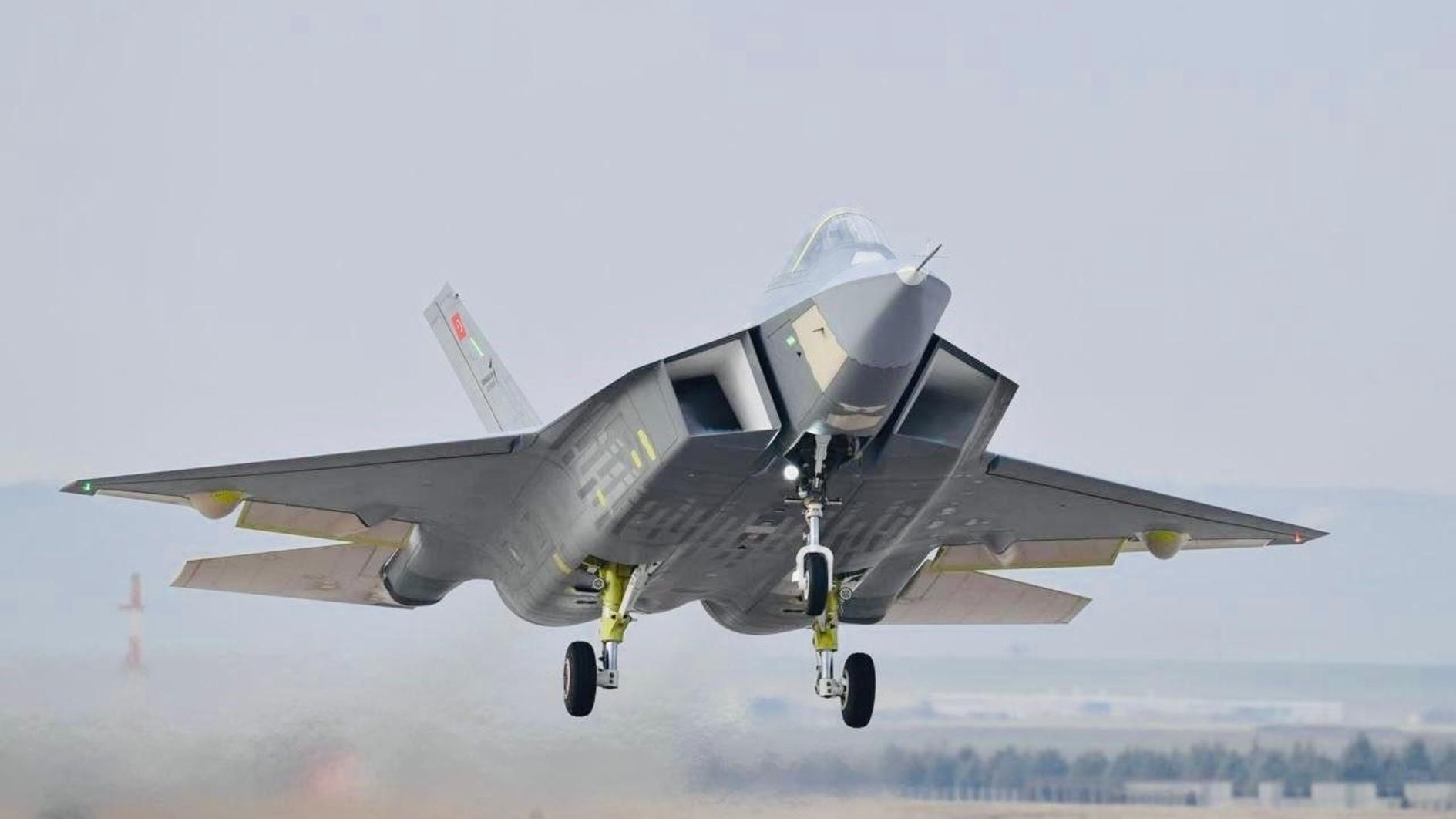A Turkish land operation in Iraq and Syria?
Turkish Prime Minister Ahmet Davutoğlu is having a Cabinet meeting today, Sept. 30, to discuss the latest situation on the borders with Iraq and Syria regarding the international fight against the Islamic State of Iraq and the Levant (ISIL).
As an indication of extraordinary circumstances, General Necdet Özel, the chief of the Turkish General Staff, is expected to give a detailed briefing to ministers. In the meantime, Turkish tanks and artillery have started to take upgraded positions, especially along the Syrian border, as clashes between ISIL and Kurdish fighters intensify and get closer.
Following the meeting, the government will submit two motions to Parliament, one for Iraq and one for Syria, to ask for permission to send Turkish soldiers outside of national borders to take part in international military operations.
The motions could include permission to receive foreign soldiers for the same purpose, which would indicate the transfer of foreign soldiers (for example, U.S. troops) using Turkish air space and/or territory.
The focus on Syria is something that President Recep Tayyip Erdoğan has been pressing for the last three years, but it surfaced up with the latest statements from U.S. President Barack Obama suggesting that “moderate” Syrian rebels could be trained and equipped by the Western alliance and their Arab collaborators to fight against ISIL and al-Qaeda affiliated groups, like al-Nusra.
After his contacts with Obama and U.S. Vice President Joe Biden during the U.N. meetings in New York, Erdoğan told the press that Turkey could take part in the military dimension (including the land operation) of the anti-ISIL coalition, but also had certain demands. Those demands were as follows: An internationally committed safe-haven zone on the Syrian side of the border, the imposition of a no-fly zone to protect the refugees there and Turkish participation in training and equipping the Syrian opposition.
Erdoğan does not want Obama and other NATO allies to forget that the “moderate” Syrian opposition are there primarily to topple the Bashar al-Assad regime. He also says to Western allies that because of the lack of their support to the “moderate” opposition, most of them have become radicalized and joined groups like al-Nusra and ISIL. Erdoğan wants to see a multi-purpose design of land forces in order to fight both ISIL and al-Assad.
But that is not the exact picture we have right now. The British Parliament has given landslide support for military operations against ISIL in Iraq, but not in Syria. This is because the Iraqi government has given consent for operations, while the Syrian government has not.
In the Iraqi theater, there are Kurdish fighters and the Iraqi army – despite all its clumsiness – already fighting against ISIL, managing to halt its rapid advance. But in Syria, there is only a local resistance against ISIL around the town of Kobani, near the Turkish border, by the People’s Protection Units’ (PYD) forces, which is the Syrian extension of Turkey's outlawed Kurdistan Workers’ Party (PKK).
The Pentagon has clearly said that safe havens and no-fly zones are not a part of the current operation plans, but have been under discussion with the Turkish government.
So, the content and wording of the motions at the Turkish Parliament will be critical for the level of Turkey's contribution to the anti-ISIL coalition.
President Erdoğan does not want the West to lose the anti-Assad focus while focusing on the anti-ISIL fight; as that would mean a defeat for his Syria policy of the last three years. On the other hand, he does not want to repeat the crisis of the invasion of Iraq in 2003, after which Turkish-U.S. relations hit the bottom.
Perhaps the best thing for Turkey is to not take part in direct military operations against its neighbors Iraq and Syria, and instead seal the borders against ISIL and carry out a law-enforcement fight against their supporters here, without dragging the country into the Middle Eastern quagmire any further.



